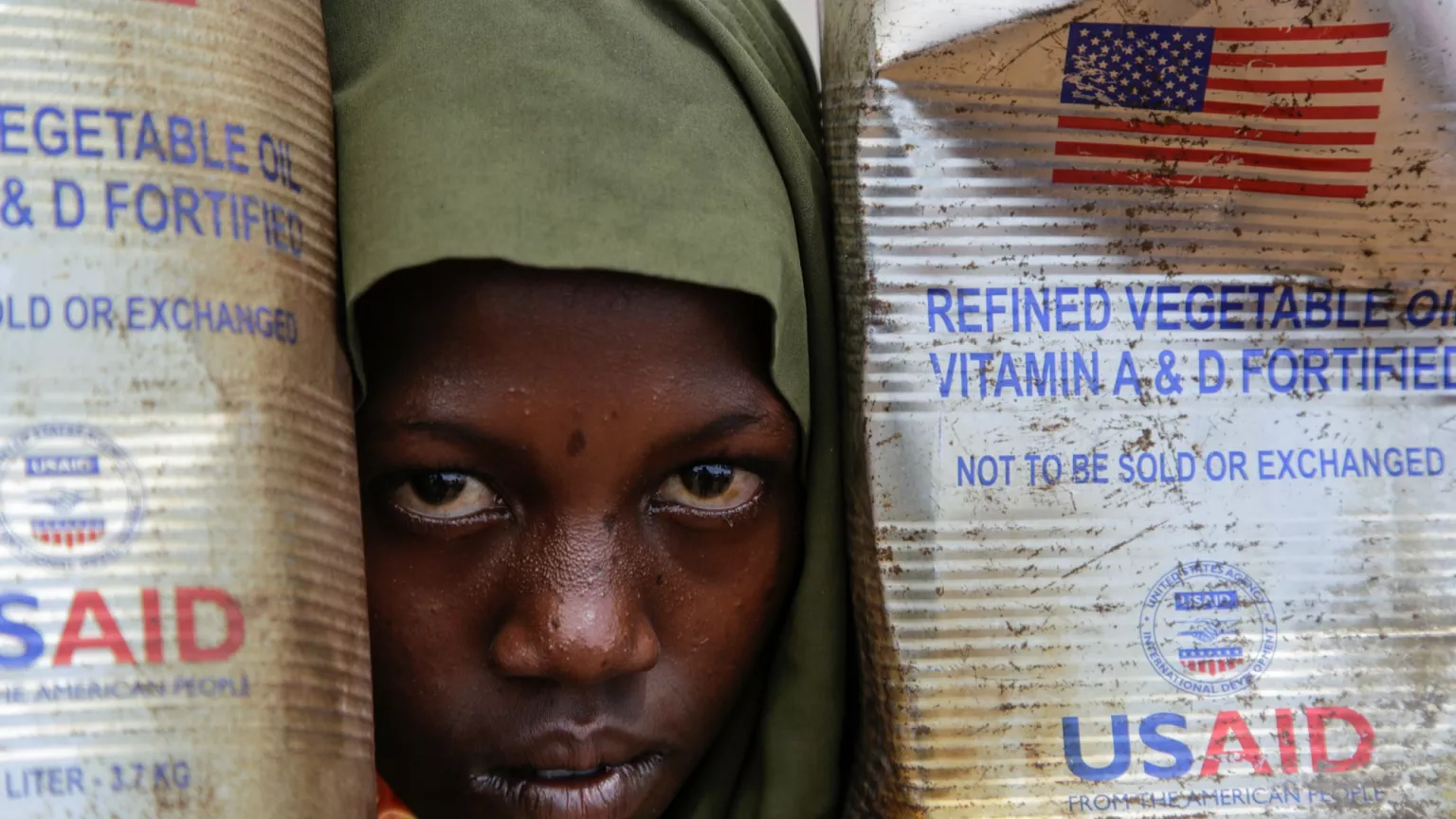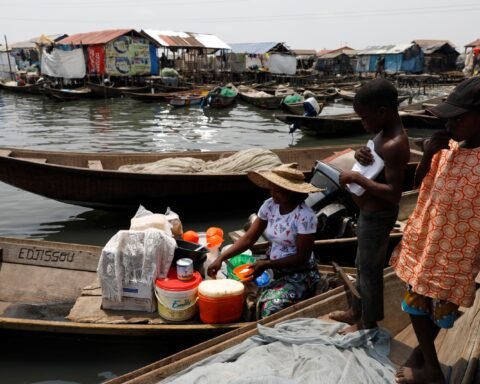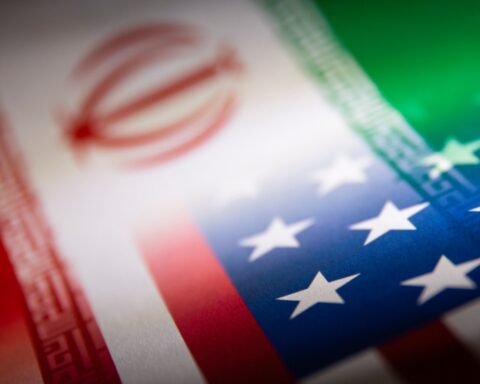An estimated 14 million people across the globe, including over 4 million children, may die by 2030 due to drastic reductions in U.S. humanitarian aid following policy shifts under Donald Trump, according to new research published in The Lancet, one of the world’s leading medical journals.
The cuts target funding once administered by the United States Agency for International Development (USAID), an institution historically responsible for delivering food, vaccines, emergency health aid, and clean water to the world’s most vulnerable communities. The study shows that between 2001 and 2021, USAID programs are estimated to have saved 91 million lives, primarily in low-income and developing countries.
One-third of the potential deaths may affect children under five, researchers warned, particularly in regions already struggling with malnutrition, lack of clean water access, vaccine-preventable diseases, and protracted conflicts.
“These aren’t just numbers; these are children, mothers, and entire families who rely on humanitarian support for basic survival,” said Dr. Fatima Hassan, a pediatrician working with displaced communities in the Sahel region.
Countries hit hardest by past famines, droughts, or conflict—including South Sudan, Yemen, Somalia, and Afghanistan—are now bracing for new waves of preventable deaths, especially in refugee settlements and war-torn rural zones.
Before Trump’s return to the White House in January 2025, the U.S. government accounted for over 40% of the world’s total humanitarian aid, channelled largely through USAID and multilateral partners like UNICEF, the World Food Programme (WFP), and WHO.
Since the start of 2025, significant funding reductions have triggered program closures in several nations, sparking alarm within the humanitarian sector and civil society. Trump’s administration has defended the move, citing a renewed “America First” focus on domestic priorities and reducing foreign entanglements.
Also Read; UK to Open Satellite Diplomatic Office in Dodoma
This week’s findings were released as diplomats, aid experts, and financial institutions convened for the Fourth International Conference on Financing for Development (FfD4), hosted by the United Nations in Seville, Spain.
The summit produced the Sevilla Commitment (or Compromiso de Sevilla), a declaration calling for more predictable, sustainable and inclusive development financing. But analysts warn that without U.S. re-engagement, emergency relief pipelines may continue to collapse, putting health systems at further risk in the Global South.
Humanitarian groups are now calling for alternative models of funding and regional collaboration to replace what was once a U.S.-led support system.
The report closes with a warning: unless the international community finds new ways to meet growing humanitarian needs, millions could suffer avoidable deaths in the years ahead. It also emphasizes the importance of meeting the Sustainable Development Goals (SDGs), which are now significantly at risk due to unstable financing.
“The message is clear,” said UN development expert Amara Wekesa. “We need political courage and financial leadership to save lives — now.”







